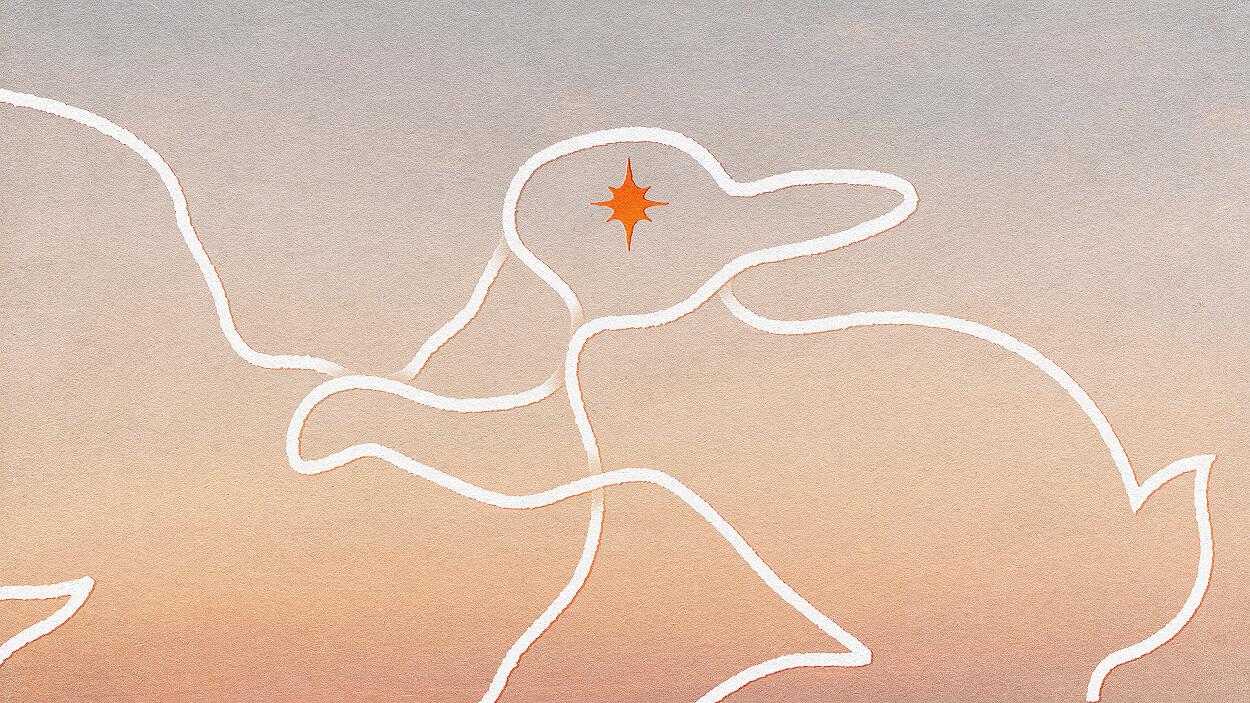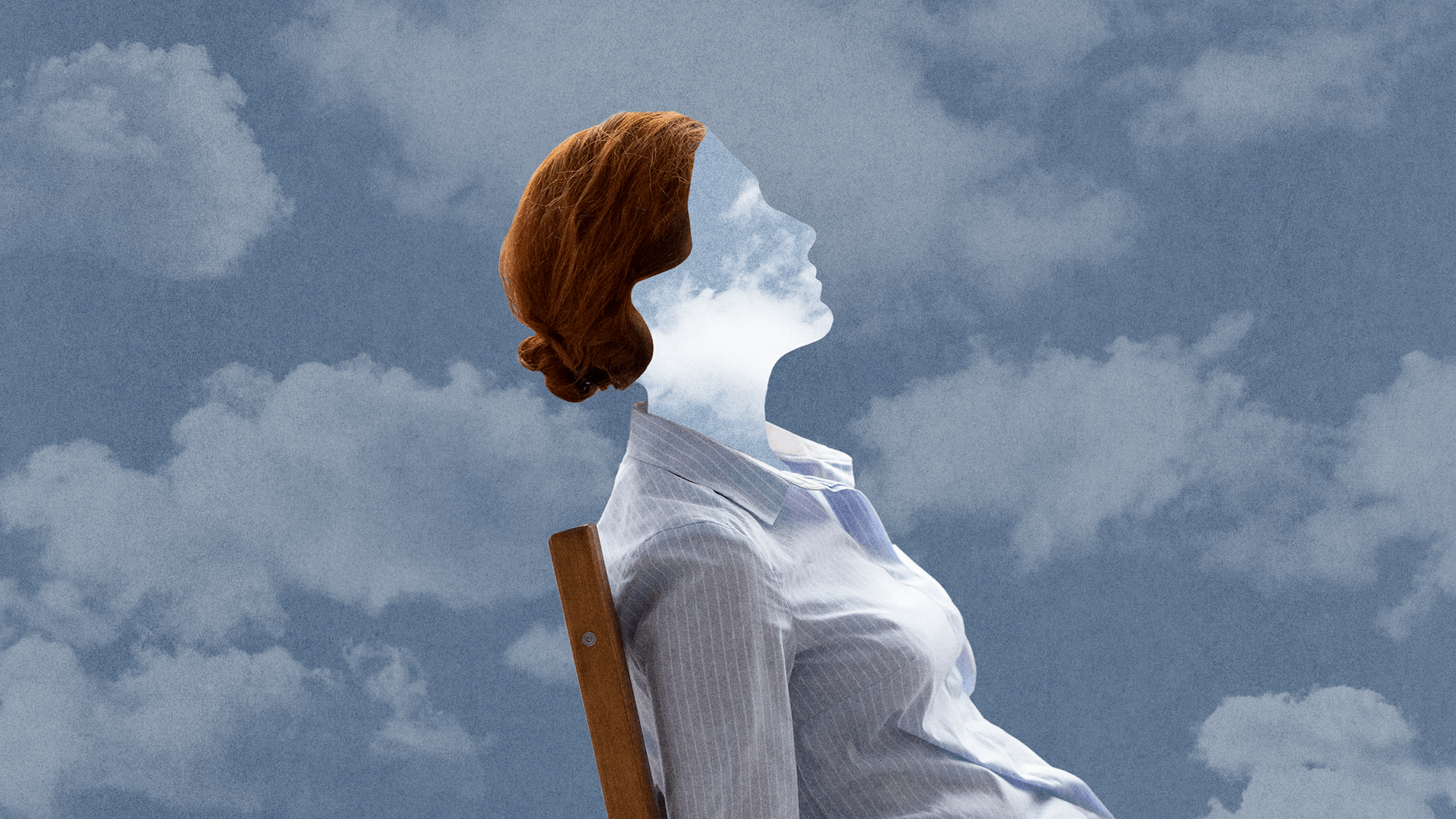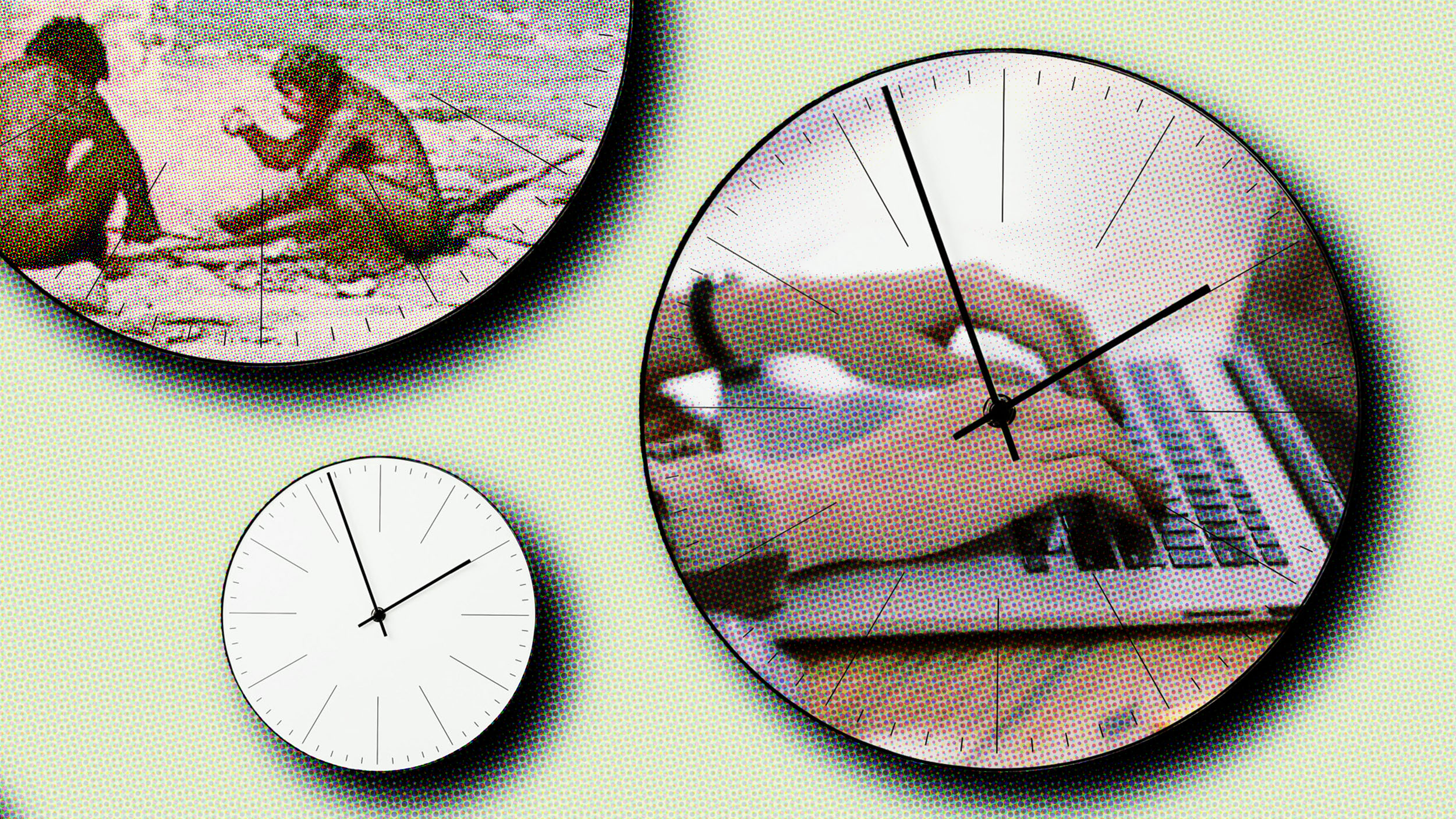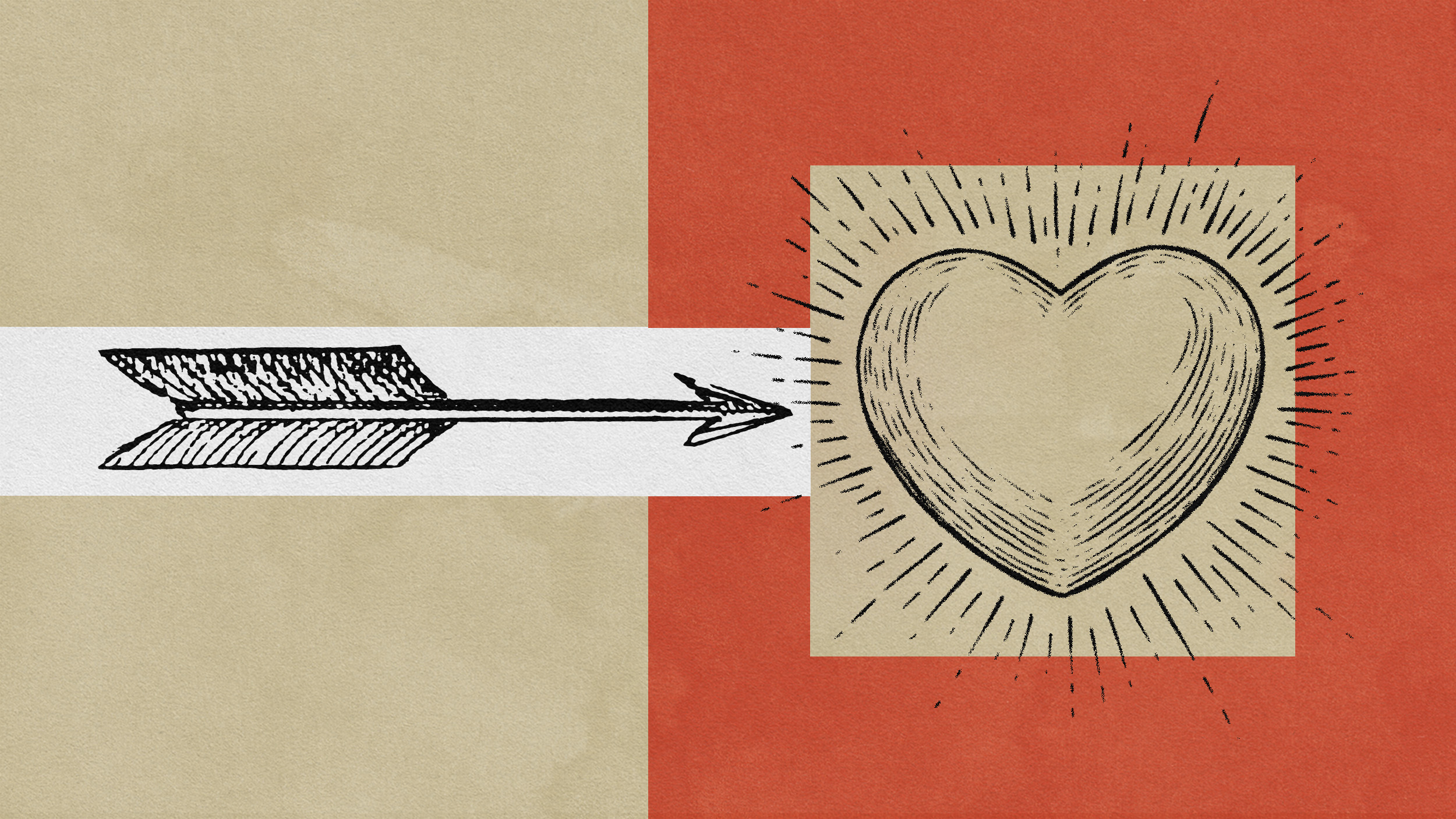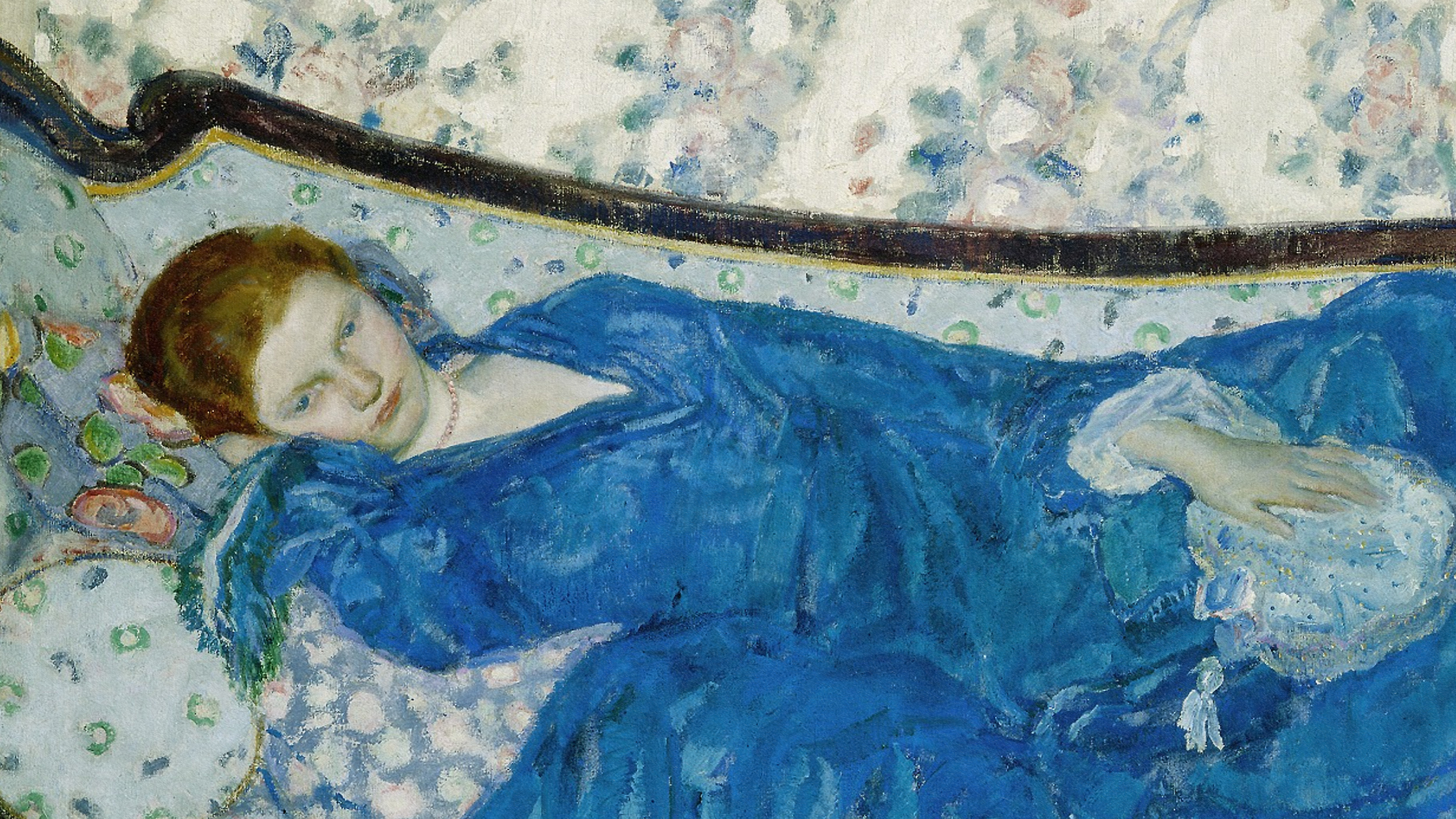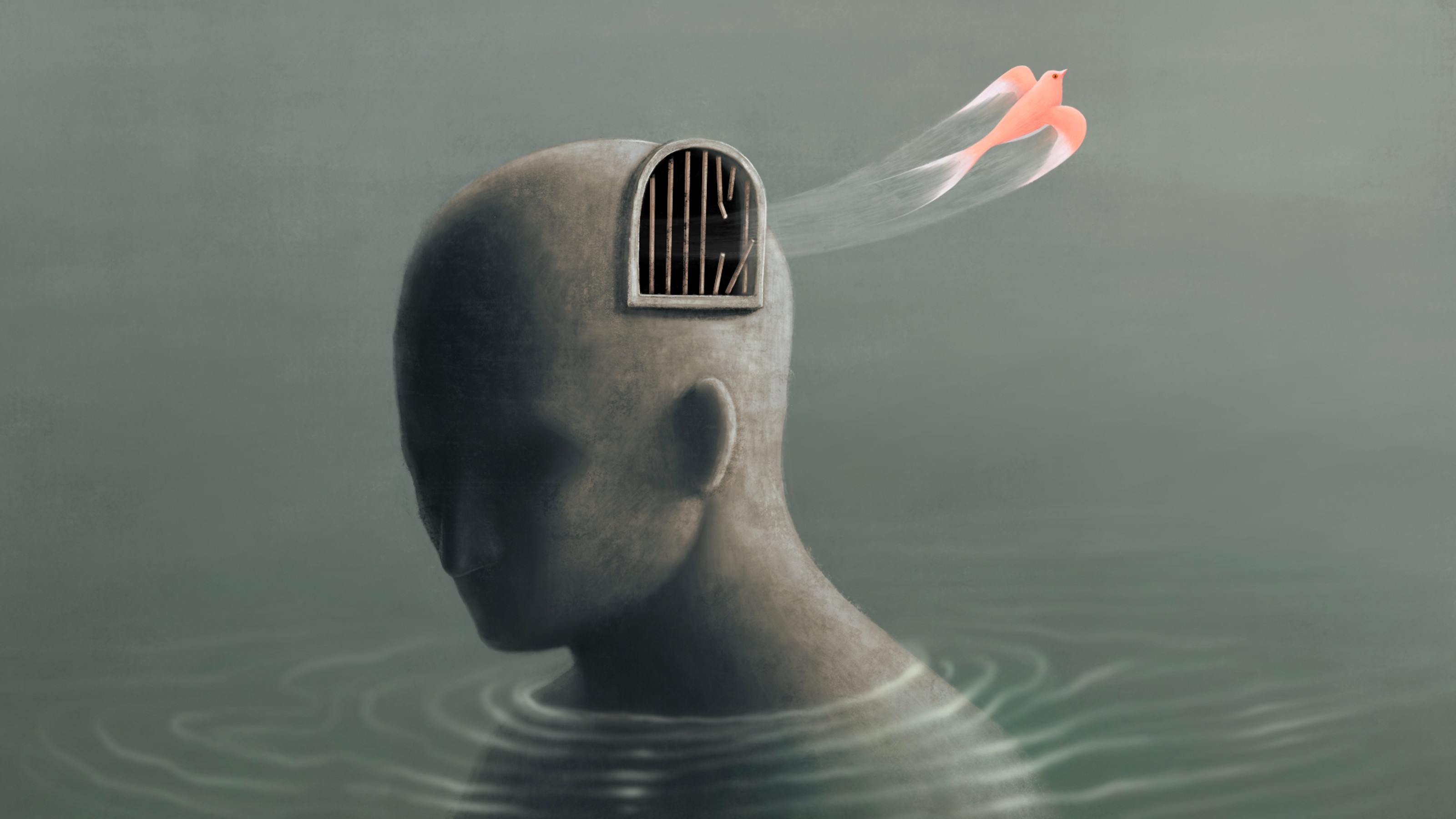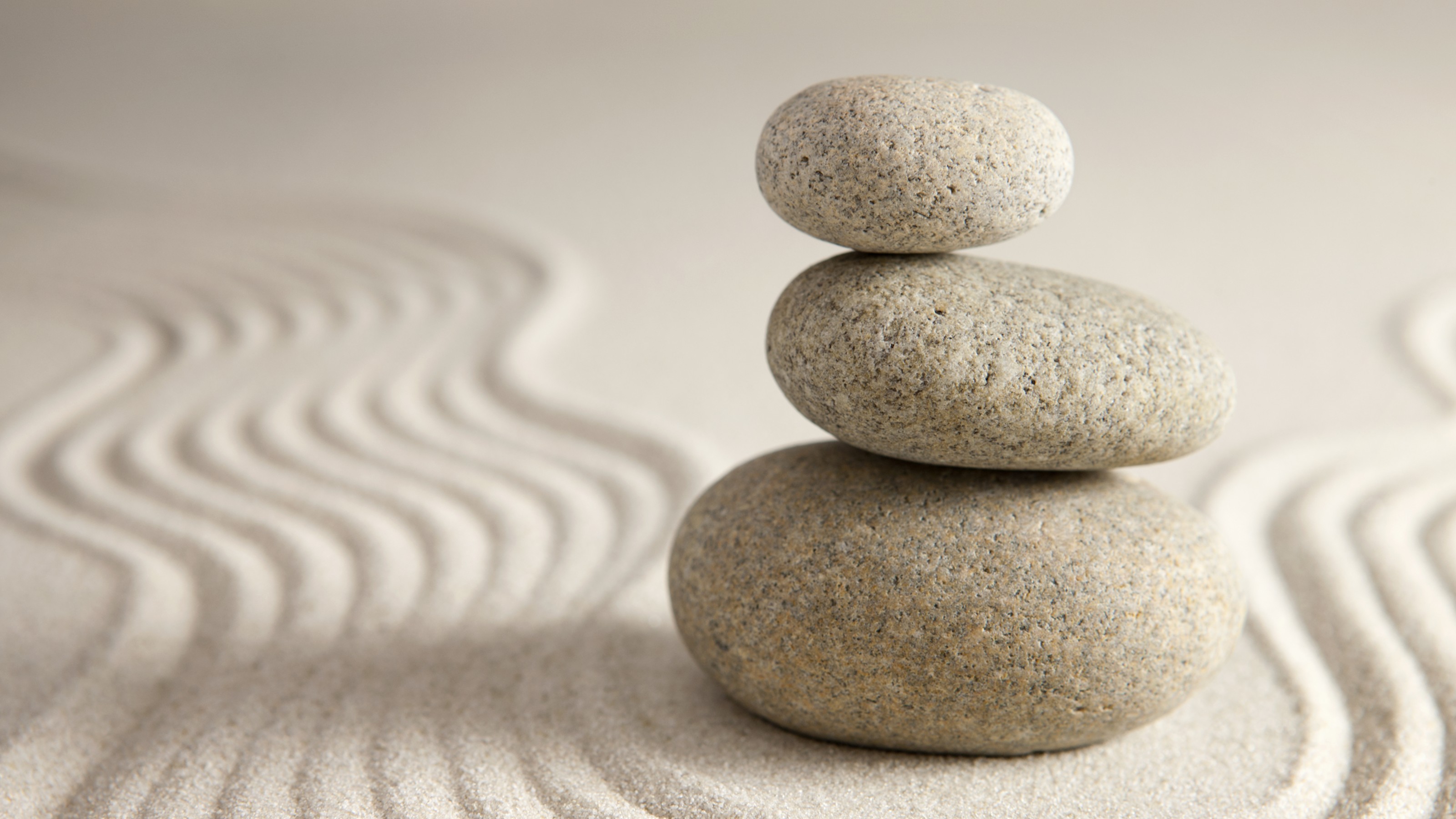mindfulness
“Who ya gonna believe: me or your own eyes?” Until you can assess your perception, the answer should be neither.
Neuroscience supports the notion that mindfulness and meditation should become essential assets in our workspaces.
“Carl faced his death with unflagging courage and never sought refuge in illusions.”
Rather than allowing technology to exacerbate stress and disconnection, we can use it to actively support our wellbeing.
Stanford psychologist Jamil Zaki discusses the dangers of cynicism and how skepticism can invigorate our relationships and communities.
These practical strategies can help you conquer burnout and achieve a state of calm and focused productivity.
Cognitive systems famously posited by psychologist Daniel Kahneman (1934-2024) may hold the key to a more productive and focused work environment.
Take a seat. Take a breath. Take a break.
Cody Delistraty explores if laughter can help alleviate the physical symptoms of grief.
Why Netflix adopted the “No Brilliant Asshole” rule — and how to make sure bullies don’t destroy teams.
When leaders embrace positive personal energy, everyone feels the benefits — in trust, innovation and creativity.
When high-anxiety situations arise in the workplace, we tend to react by fighting, fleeing, freezing, or fawning — but there’s a hidden fifth option.
The transformational change driven by AI will elevate neurodiversity inclusion as an organizational asset, argues Maureen Dunne.
Psychologist Daniel Goleman on how to train your brain with just ten minutes a day.
▸
6 min
—
with
Memories aren’t mental recordings, but pliable information we can use to better manage the present and conjure future possibilities.
The world’s workplaces are growing lonelier — but the solution requires less than you might expect.
The modern attention economy hijacks our ability to focus, but an ancient technique offers a means to get it back.
There are many things in life that cannot be improved with greater effort. Sometimes, life requires that you step back.
In an environment of impressive IQs, emotional intelligence makes all the difference.
Inside the “out there” quest for a drug that would help doctors save lives before it’s too late.
Spend well, save well, live well.
There’s really only one mistake you can make: continue doing the same thing you already know is hurting you and expect a different result.
How the simple act of watching twilight can radically transform our perception of the world and our role within it.
The Serenity Prayer is nice — until the missiles come raining down on your city.
Impossible standards and poor self-understanding are making us miserable.
Neuroscientists and artists alike are making the case that we could transform the world through psychedelics.
Your brain isn’t wired for happiness — but you can change that, explains Yale scientist Laurie Santos.
▸
9 min
—
with
Meditation can put you in a wiser relationship with life.
Nagomi helps us find balance in discord by unifying the elements of life while staying true to ourselves.
